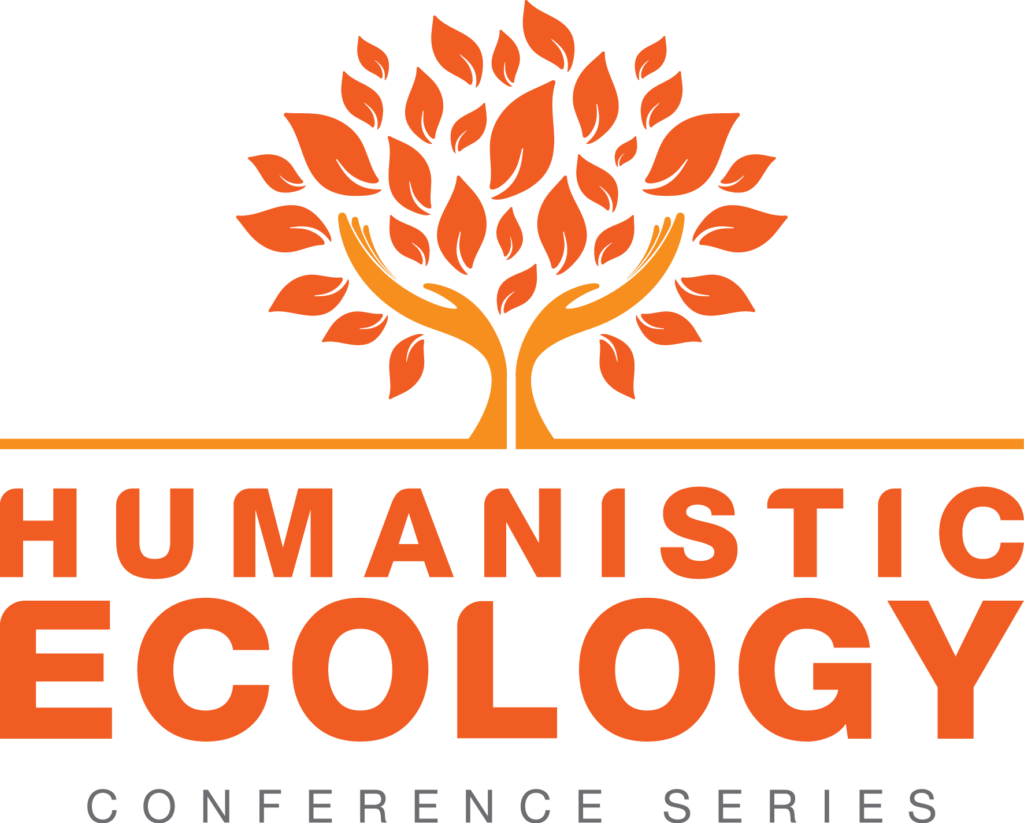
18th International Conference in the Series “Humanistic Ecology”
“Contemporary Environmental Dilemmas: Interdisciplinary Approaches”
Comenius University in Bratislava, Slovakia
Cardinal Stefan Wyszyński University in Warsaw, Poland
Francis de Sales Scientific Society, Poland
(Bratislava, September 26-27, 2024)
The crisis of today’s civilization affects various areas of society’s life, and in the planetary dimension, it is actually a crisis, the consequences of which affect the lives of humanity as a whole, as well as our individual existence. The nature of the crisis is global because it concerns the complex relationship between society and nature, but its resources are generated by the current consumption-oriented civilization. A relevant aspect of this crisis is the environmental issue and its dilemmas, which are thematized in scientific, but also public, lay, and even ideological-activist discourse.
The goal of the interdisciplinary conference is to articulate and compare different approaches to environmental dilemmas and ecological problems of today based on the knowledge of the natural and social sciences, and humanities.
In the natural sciences, we are facing environmental challenges, which are currently the most crucial ones. With respect to a wide spectrum of significantly complementary environmental problems, current attention is mainly focused on individual moments of global climate change in intense synergy and interaction with a diverse range of civilizational phenomena, especially globalization. In these intentions, from the point of view of exact natural sciences, an extensive discussion appears, especially in understanding the essence and extent of current climate change in the geological-evolutionary context of the Earth’s dynamics (especially in connection with the influence of man and his industrial expansion), in the practical impact on homeostatic and homeorhetic stabilization mechanisms in ecological systems (ecological dimensions), as well as when considering real needs and mitigation options, i.e. mitigation of impacts on individual moments of civilizational development (environmental aspects), including its sustainability.
Social sciences also focus on the investigation of the relationship between society and nature, the search for sustainable ways of life, the identification of pros and cons of various sustainability alternatives, as well as the problem of enforcing normative economic and social mechanisms that should optimize society’s relationship with nature. A key dilemma in social knowledge is, for example, the solution of economic costs and their social impacts, the issue of green technologies, the unsustainability of the idea of economic growth, and others.
The approaches of the humanities are manifested primarily in moral, legal, theological, spiritual, value, and educational approaches in relation to the solution of environmental problems and challenges. The main dilemma in this area is as follows: has nature intrinsic value itself or only in relation to human activity? Also relevant are the answers to the questions: What factors lead to the breakdown of the social order based on the devastation of the natural environment and what basic changes are necessary to establish a balance between society and nature? Equally important are utopian and dystopian visions of these relationships, as well as a theological perspective transcending the naturalism of science.
The conference aims to present an interdisciplinary comprehensive view of the environmental issue, to distinguish factual, value, and normative aspects of the subject under investigation, as well as diverse approaches to its solution. Related to this are basic argumentative strategies and visions of a turnaround in eliminating the causes of the current crisis and establishing a more harmonious relationship between our civilization and nature.
CONFERENCE TOPIC ORGANIZERS BASIC INFORMATION SUBMISSIONS REGISTRATION CONFERENCE FEE POSTER SESSION PROGRAM VENUE